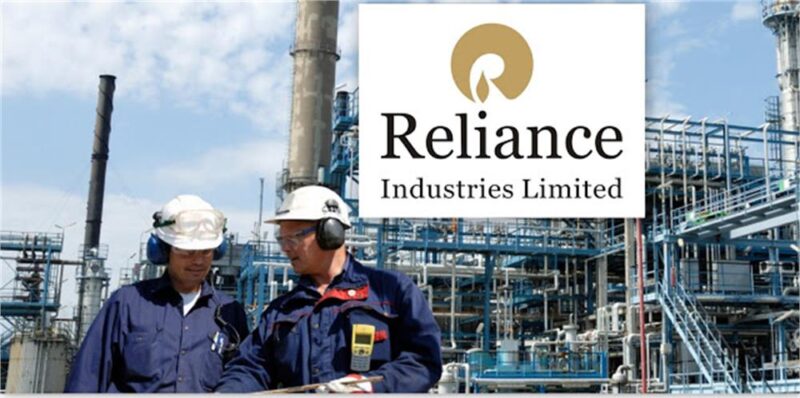Reliance Industries Ltd has expressed interest in utilizing the pipelines and storage facilities established by public sector oil companies to distribute jet fuel (ATF) to some of Asia’s busiest airports. The company, responsible for a significant portion of India’s ATF production, aims to expand its presence in the fuel trade at key airports such as those in Delhi, Mumbai, Bengaluru, and Hyderabad.
In response to the oil regulator PNGRB’s draft regulation promoting competition and cost reduction in fuel supply, Reliance has proposed accessing storage depots outside Delhi airport and pipelines serving major airports. Despite currently providing smaller volumes compared to state-owned firms, Reliance seeks to tap into the market by leveraging existing infrastructure.
Traditionally, airports have been supplied by pipelines built by state-owned entities like Indian Oil Corporation (IOC), Bharat Petroleum Corporation Ltd (BPCL), and Hindustan Petroleum Corporation Ltd (HPCL). Reliance has long sought access to these pipelines, emphasizing the importance of including associated storage facilities in the scope of access to ensure a competitive market.
India’s ATF demand is surging due to increased air travel, with a notable 11.8% rise in the fiscal year ending March 31, 2024. At major hubs like Delhi and Mumbai airports, IOC and BPCL dominate supply due to their pipeline and storage ownership. However, Reliance proposes making off-site storage facilities accessible to other suppliers, enabling them to utilize common carrier pipelines.
For Mumbai, Reliance advocates for shared access to HPCL and BPCL pipelines. Similarly, in Bengaluru, the company seeks connectivity to a common carrier pipeline from an upcoming ATF tank farm. In Hyderabad, where pipeline access is available, Reliance proposes increasing capacity to meet future demand and allowing access to storage tanks and rail unloading facilities.
Reliance underscores the efficiency and safety of pipelines for bulk transportation, arguing that proposed measures will encourage competition, ensure environmental and safety compliance, and optimize infrastructure utilization. Such competition, the company argues, will ultimately benefit airlines, which spend a significant portion of their operating costs on fuel.
The Petroleum and Natural Gas Regulatory Board (PNGRB) has solicited feedback from stakeholders, including oil marketing companies, airport operators, and airlines, for the development of ATF pipelines connecting various airports across India, both existing and upcoming.






Comments are closed